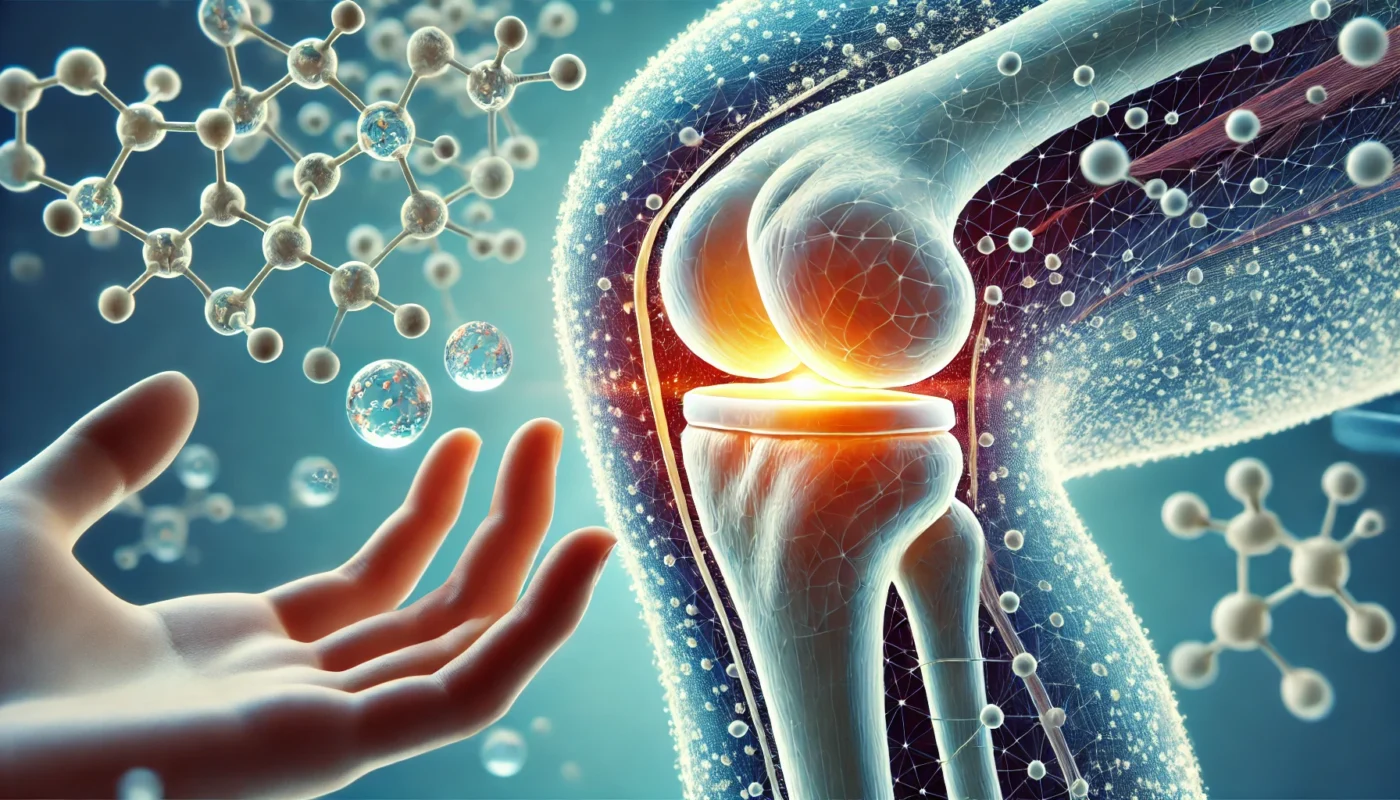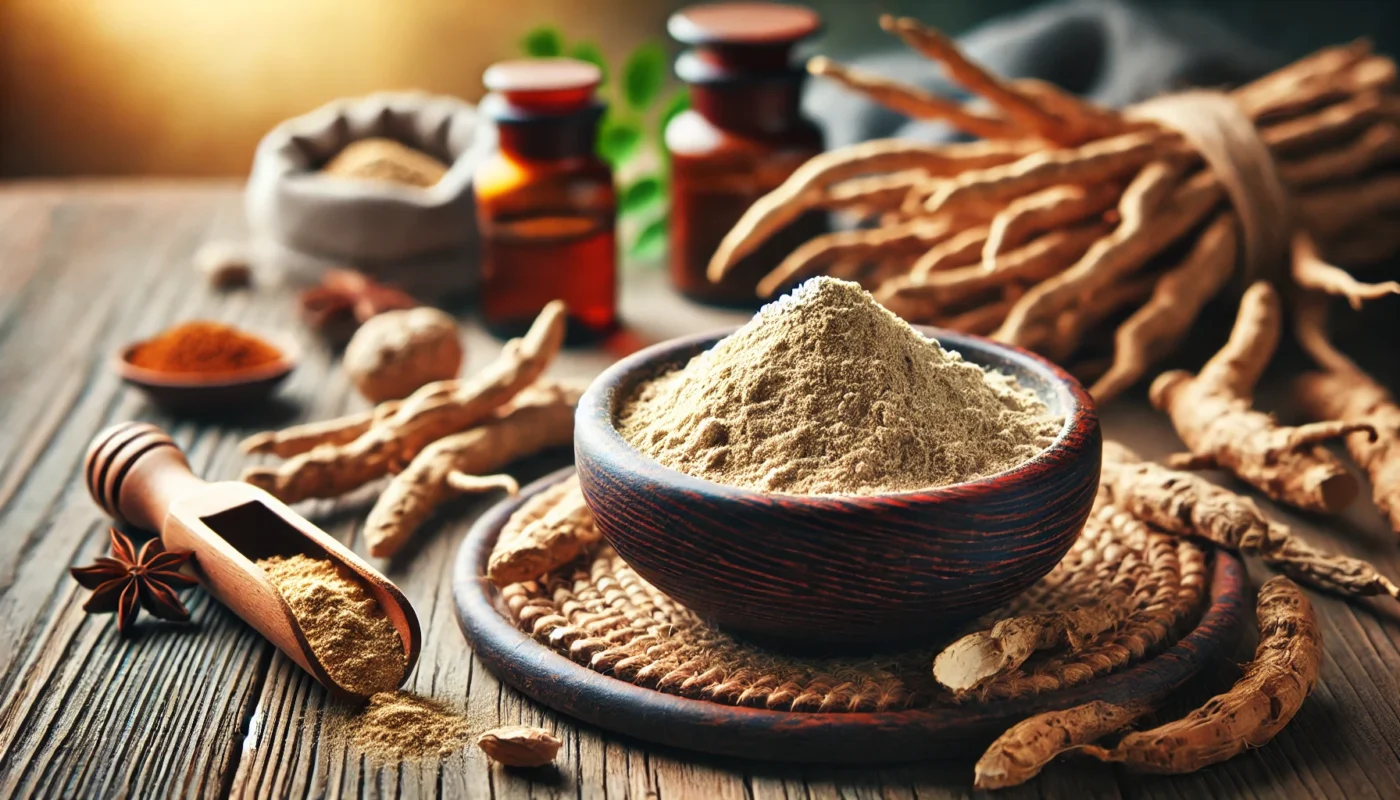In this article, we will explore the various types of painkiller pills, discussing their uses, how they work, and important considerations for their use.
Tag Archives: dosage
Aleve is a nonsteroidal anti-inflammatory drug (NSAID), similar to ibuprofen and aspirin. It operates by inhibiting the production of prostaglandins, which are compounds in the body responsible for inflammation, pain, and fever. By reducing prostaglandin levels, Aleve effectively diminishes these symptoms, making it a valuable component of anti-fever medication regimens.
Advil and Ibuprofen are both nonsteroidal anti-inflammatory drugs (NSAIDs) commonly used to relieve pain, reduce inflammation, and lower fever. Ibuprofen is the generic name for the drug, while Advil is a brand name that contains the same active ingredient. Understanding this relationship is crucial in demystifying the confusion surrounding these medications.
Navigating the world of over-the-counter pain relievers can be a daunting task, especially when faced with options like aspirin, acetaminophen, and ibuprofen. While these medications are commonly used to alleviate pain, reduce fever, and combat inflammation, understanding their differences is crucial to making informed decisions about your health.
Navigating the world of health supplements can be a daunting task. With a myriad of options available, it’s crucial to understand what each supplement offers.
In the realm of joint health, three supplements often stand out: glucosamine, chondroitin, and MSM. These compounds are frequently used to manage conditions like arthritis and to support overall joint health.
But what are the key differences between them?
This article aims to demystify these supplements. We’ll delve into the science behind glucosamine, chondroitin, and MSM, and explore their potential benefits and drawbacks.
We’ll also compare these supplements head-to-head. This will help you understand which might be the best fit for your health goals and lifestyle.
Whether you’re a fitness enthusiast, a health-conscious individual, or a patient seeking to manage a specific condition, this article is for you.
Let’s embark on this journey to better understand glucosamine, chondroitin, and MSM, and their roles in promoting joint health.
Navigating the world of health supplements can be a daunting task. With a myriad of options available, it’s often challenging to discern what’s best for your specific needs.
One common dilemma is choosing between glucosamine chondroitin and collagen. Both are popular supplements, often touted for their potential benefits to joint health and pain relief. But which one is better?
This article aims to shed light on this question. We’ll delve into the science behind these supplements, comparing their benefits and potential drawbacks. Our goal is to provide you with a comprehensive understanding of glucosamine chondroitin and collagen.
We’ll explore what these supplements are, how they work, and what research says about their effectiveness. We’ll also discuss potential side effects and interactions, helping you make an informed decision about their use.
Whether you’re a fitness enthusiast seeking to optimize your performance, a health enthusiast aiming to enhance your wellbeing, or a medical patient looking for practical tips to manage your health condition, this article is for you.
By the end, you’ll be better equipped to decide whether glucosamine chondroitin or collagen is the right choice for you. Let’s dive in and unravel the complexities of these popular health supplements.
Hormonal balance is a cornerstone of good health. Yet, it’s often overlooked in our quest for wellness.
Enter ashwagandha, a powerful herb with a long history in Ayurvedic medicine. It’s gaining recognition in the West for its potential to balance hormones.
But what does science say about ashwagandha for hormonal imbalance? Can this ancient herb really help restore hormonal harmony in our modern world?
This article aims to answer these questions. We’ll delve into the research behind ashwagandha’s effects on hormones. We’ll also provide practical advice on how to incorporate this herb into your wellness routine.
Whether you’re a fitness enthusiast, a health enthusiast, or a medical patient, this article is for you. It’s designed to demystify the science behind ashwagandha and hormones.
By the end, you’ll have a comprehensive understanding of ashwagandha’s potential benefits for hormonal balance. You’ll also have actionable strategies to harness these benefits for your own health.







